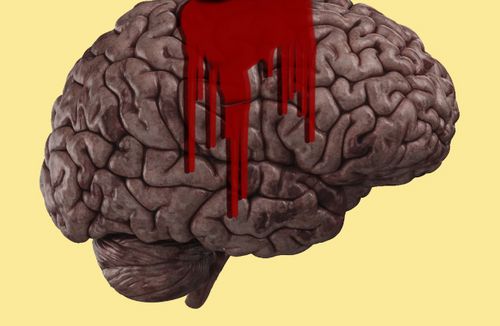How Sexual Abuse in Childhood Permanently Damages the Brain
Mar 03, 2023 · 2 mins read
0
Share

A 2022 study in a South Korean university set out to determine the connection between specific types of childhood abuse and the volume of gray matter in adults with major depressive disorder (MDD). The goal was to understand how childhood abuse could affect the brain as adults.
Save
Share
Gray matter is a type of brain tissue which plays a crucial role in various brain functions, such as processing information, perception, and memory. Many things cause decreases in gray matter such as use of drugs, alcohol, sleep deprivation and chronic stress.
Save
Share
For years, the psychological effects of childhood abuse have been known - such as increased likelihood of depression and other such disorders. However, there was not much information on the physiological damage done to the brain that is measurable even decades after the abuse.
Save
Share
Between May 2019 and February 2021, researchers recruited 75 people diagnosed with MDD and 97 healthy people. They ranged in age from 19-64 years old with an average age of 37. The researchers asked about sexual, physical, and emotional abuse in childhood.
Save
Share
All forms of childhood abuse have long been associated with higher rates of MDD and reduced cortical volume. Results showed that, as expected, participants with MDD had less grey matter volume than the healthy participants.
Save
Share
What these researchers discovered for the first time, was that participants who indicated having experienced childhood sexual abuse in particular showed significantly less gray matter volume than all other participants. In women it was decreased by 18%.
Save
Share
The middle occipital gyrus region, in particular, showed the most significant difference in the volume of gray matter, solely in those who experienced childhood sexual abuse. This was unique to sexual abuse, as the other 2 types of abuse did not show this correlation.

Save
Share
“Our results suggest that exposure to childhood sexual abuse is related to a significant decrease in the cortical volume of the right middle occipital gyrus...To the best of our knowledge, previous studies have not investigated [this] association." - Soo Young Kim
Save
Share
Their hypothesis was correct. Patients with MDD and/or healthy individuals with a history of childhood sexual abuse showed the most loss of gray matter over individuals exposed to other types of childhood abuse. This finding could shape care for childhood sexual abuse survivors.
Save
Share
If you enjoyed this Memo, you may also enjoy the similar Memo below, and be sure to follow @sciencesimplified for more.
Save
Share
0